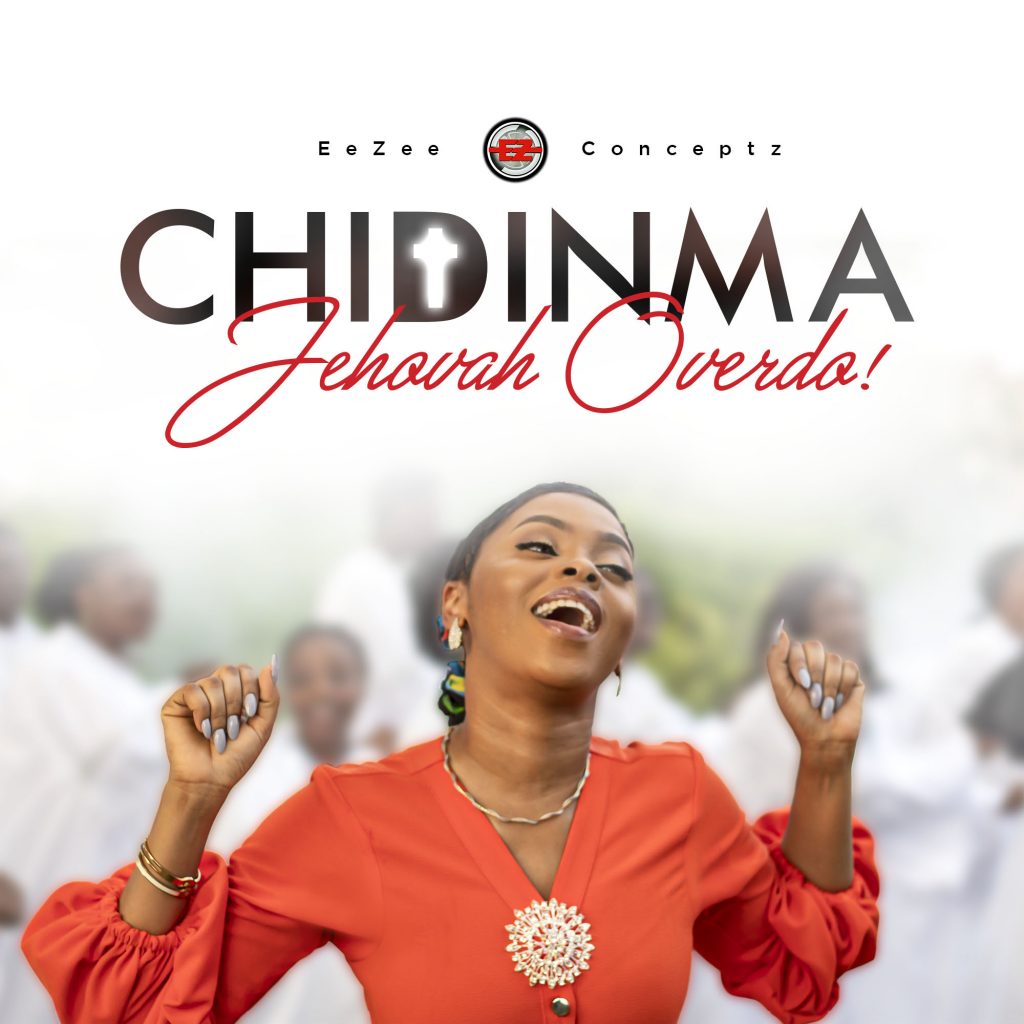“Emancipate yourself from mental slavery” –Bob Marley
 |
Ha! The Nigerian music industry has gotten bigger and bigger, since the mid-2000s. Sadly, not everyone who ventured into it came out with a beautiful story. To a large extent, the Nigerians scooping
So, what is the fuss? There are, definitely, more than one issue here. The most important issue, which has always come into my mind is what I want to speak about here. In Nigeria, if you want to make it big, then your music must find its way to Alaba International Market, Lagos. The marketers in Lagos are said to have given conditions for the kind of music they consider to be fast-selling. According to them, you have to sing in Nigerian street English. We call it Pidgin or Broken English. But that is not all; it has to go with a lot of jargon. When I say, “jargon,” I am referring to utterances that are gabbles, without meaning. You could listen to Davido PSQuare
When you make a song, it is a copy of a song that is already performing inside of you, after something had inspired it. So , when someone insists that you play something else, there, definitely, would be problems. Furthermore, music is an art, the creation of beauty, the reflection of identity, which bestows originality to your music. Once originality is missing, you know that the music has failed. It works for them in the south because they are reflecting their identity, their nature. So, when a marketer in Alaba tells you to reflect it in your music, he is telling you to reflect a nature that is not yours. You surely would fail.
Again, music is an art, and art is the creation of beauty. Beauty comes from diversity. If you make your music well, it will sell, as long as you speak the kind of English (or any other language) that you are comfortable with. If you tell someone to sing only in a particular way, you are putting chains on the legs and arms of creativity. Music is a synonym for creativity.





